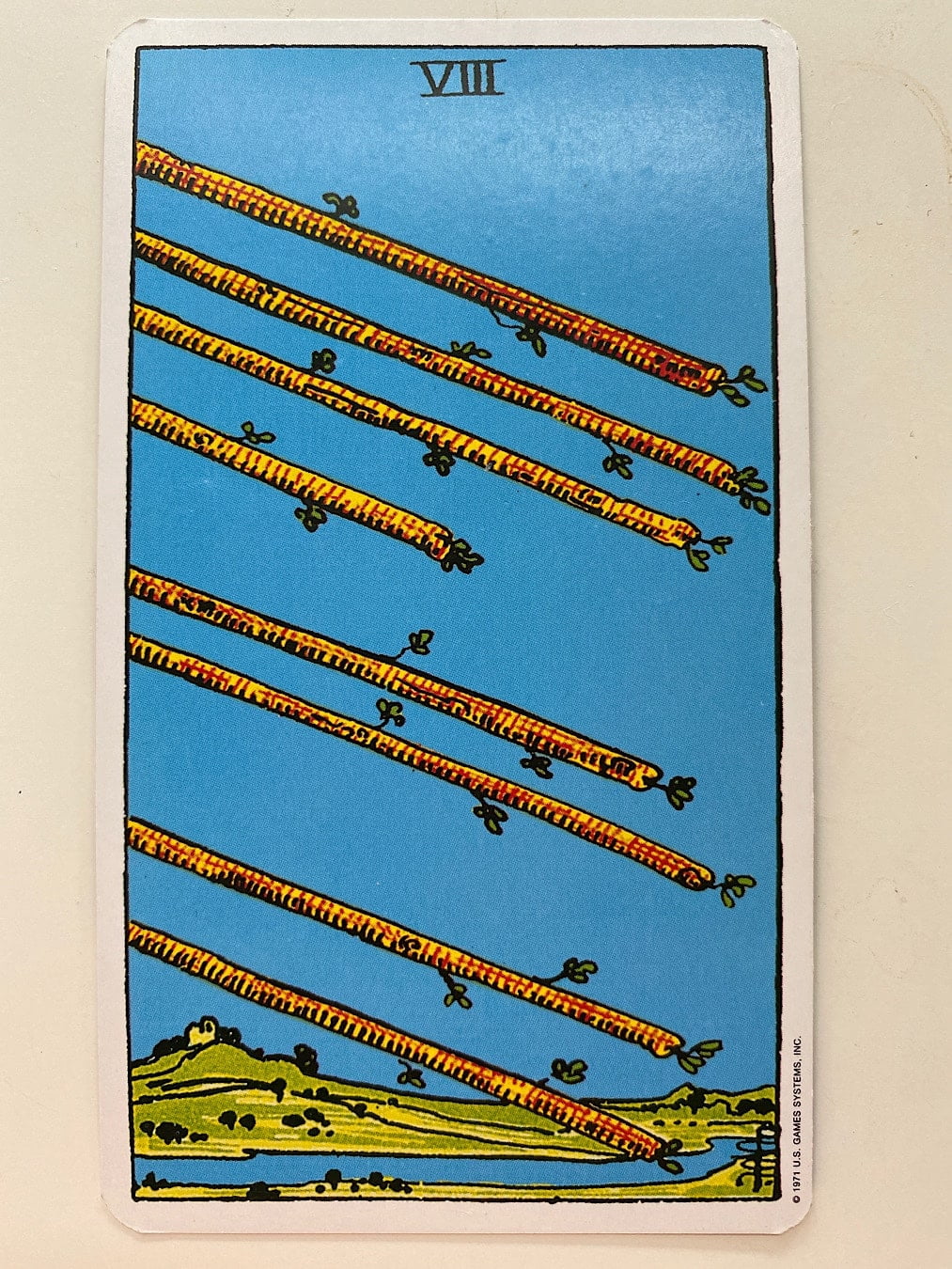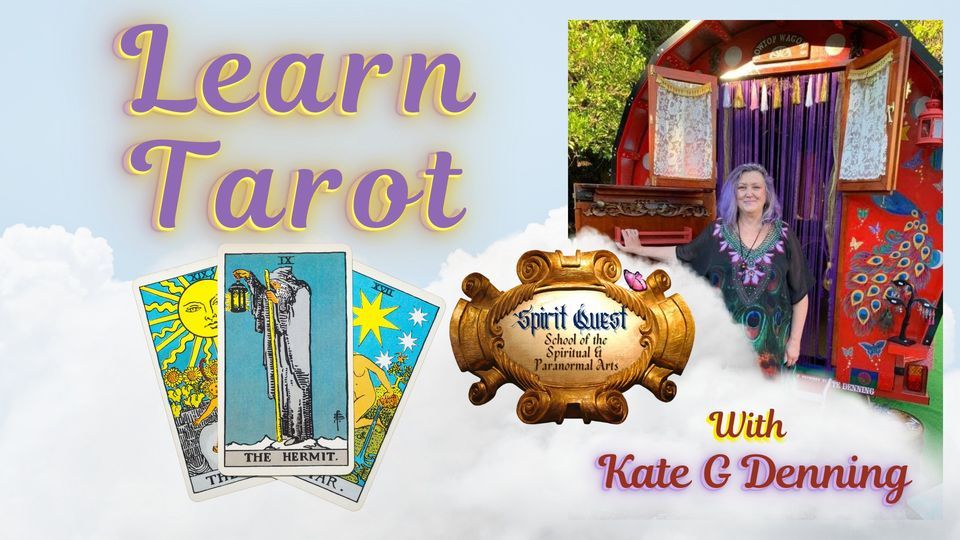
There are several ways of reading tarot cards. Cartomancy (which means "reading the cards") is the first way to read tarot cards. A tarot reader asks questions and draws the cards to answer them. Astrologers and psychics also use this method to gain insight.
Tarot card reading strategies
There are many different ways to read tarot card cards. Each method has its advantages. To begin with, it is important to keep your mind open and not be influenced by any biases. To assist with interpretation, you may also want to consult a guide. As you begin to develop your own reading style, you will start to notice patterns in the card meanings and identify common stories within each major and minor arcana.

The first way to read tarot cards is to shuffle the deck and turn them over so that the right side is up. You can also use a spread, which is a combination of different cards to tell a story. You will get more depth reading the more cards are you combine. For beginners, though, this process can seem overwhelming.
Major arcana
Many people interpret the Major Arcana in different ways when they read tarot card cards. Some readers prefer to draw cards in a random order while others have a set intention for the meaning of each card. Some readers take into account where the Major Arcana cards were placed. For example, a Fool placed in the future actions section might indicate a need to make changes.
Major Arcana cards can often reflect lessons learned and themes that have been reflected in life. They can also provide insight into karmic influences. They are vital and can have a lasting impact on one's entire life. The meanings of the Major Arcana cards are deep and complex. They are the key to many lessons and represent the structure of our consciousness.
Reversals
Most people have noticed that reversals are often seen when they read tarot cards. It's a weird phenomenon, and it can make you wonder whether you're interpreting the tarot correctly. There are several ways to interpret reversed cards correctly.

To correctly interpret reversals, you can think of them in the opposite direction of the upright. The upside is that reversals can point to either an energetic activity or an inactive state. This can help to determine the meaning of a particular card.
FAQ
Why do we need hobbies
Hobbies are a vital part of our lives as they allow us to unwind, relax, think creatively and exercise. They also give us the opportunity to socialize, network, and have fun. You can also learn new skills and develop lifelong interests.
Hobbies can help us find meaning and purpose.
They can be a great way of spending time without having to do anything else.
They are fun!
You probably don’t have enough time to pursue hobbies.
So take a look at all the options available to you. You might consider starting a hobby if you don't already have one.
What is a hobby that kids can do?
A hobby for kids is any activity they like to do as part of their normal daily routine. They might like to draw pictures, build things, paint, write stories, play with toys, read books, watch TV, listen to music, play computer games, ride bikes, skateboard, swim, climb trees, run around outside, play football, basketball, volleyball, rugby, cricket, baseball, soccer, hockey, dodgeball, rounders, tag, hide and seek, hopscotch, marbles, jump rope, hopscotch and many others.
Parents worry that their children might get in trouble if they are allowed to do what they like. It is not true. If your child is safe and doesn't cause harm to themselves or anyone else, they won't get into trouble.
It's important to remember that just because they like to do something doesn't mean that they'll always choose to do it. If they dislike writing but enjoy drawing pictures, they might opt to draw pictures.
There are lots of different types of hobbies out there, so it's really up to you to pick one that you enjoy most.
What is a collection hobby?
Books, movies music, comics and video games are some of the most popular collections.
You can also find stamps, coins, cars and dolls as well model kits and figurines.
I think you get the idea.
Statistics
- Almost 80% of people claim to have no hobby. (hobbylark.com)
- In comparison, men in the “no humor” condition were refused 84.6% of the time and were only accepted 15.4% of the time. (time.com)
- The intensity of the dialogue partners' bond at the end of the forty-five-minute vulnerability interaction was rated as closer than the closest relationship in the lives of 30 percent of similar students. (time.com)
- A new survey by Pew Research Center of teens ages 13 to 17 finds that 36% of girls feel tense or nervous about their day every day; 23% of boys say the same. (pewresearch.org)
- 37% Video Games 36% Travel 36% Health and Fitness (quizexpo.com)
External Links
How To
How to Choose the Right Hobby For You
If you ask yourself some questions, you may be able to tell whether your hobby is right for you:
-
Do I enjoy doing it?
-
Is it a pleasure?
-
Is this something I'd like to do even as I age?
-
Are I good at it?
-
Do I have any ideas?
-
Would I recommend it?
-
It can bring me happiness.
-
Is it going to help me to relax?
-
Is it going to make me feel better?
-
It will teach me skills I can use later on in my life.
-
Can it help me make new friends?
-
Can it let me express my creativity?
-
Do I have the opportunity to learn something new?
-
Can it give me assurance?
-
It will it give me a sense achievement?
-
It could lead to financial success.
-
Will it enable me to travel?
-
It will allow me to travel new places.
-
It will encourage me to exercise.
-
It will it motivate me to work harder?
-
It will it motivate you to succeed?
-
Will it involve me in activities that I wouldn't normally consider doing?
-
Is it going to challenge me?
-
Will it be exciting?
-
It keeps me fit.
-
Will it save money?
-
Can it lower stress levels
-
It will it stop boredom?
-
It will free me up to do other things.